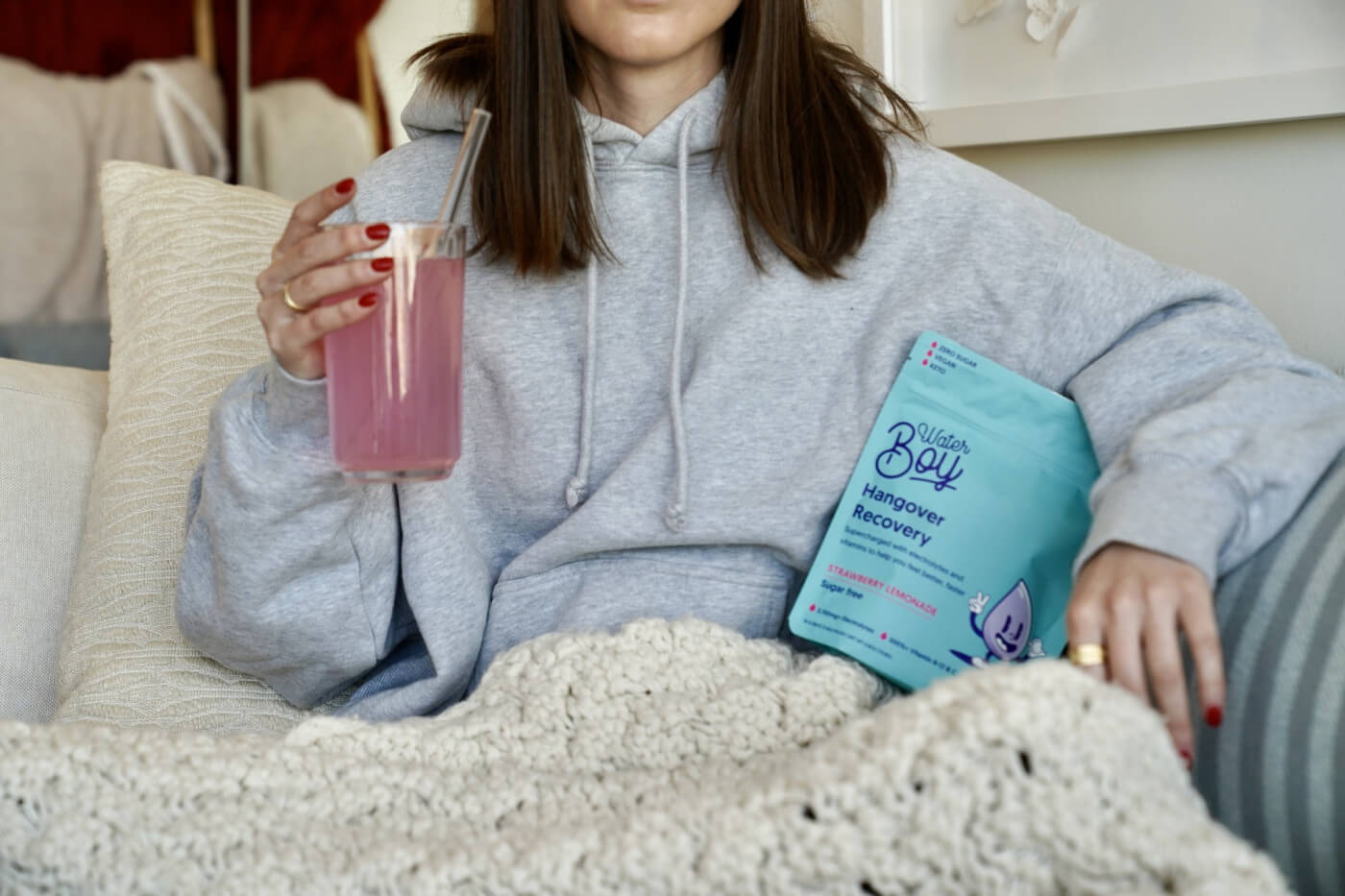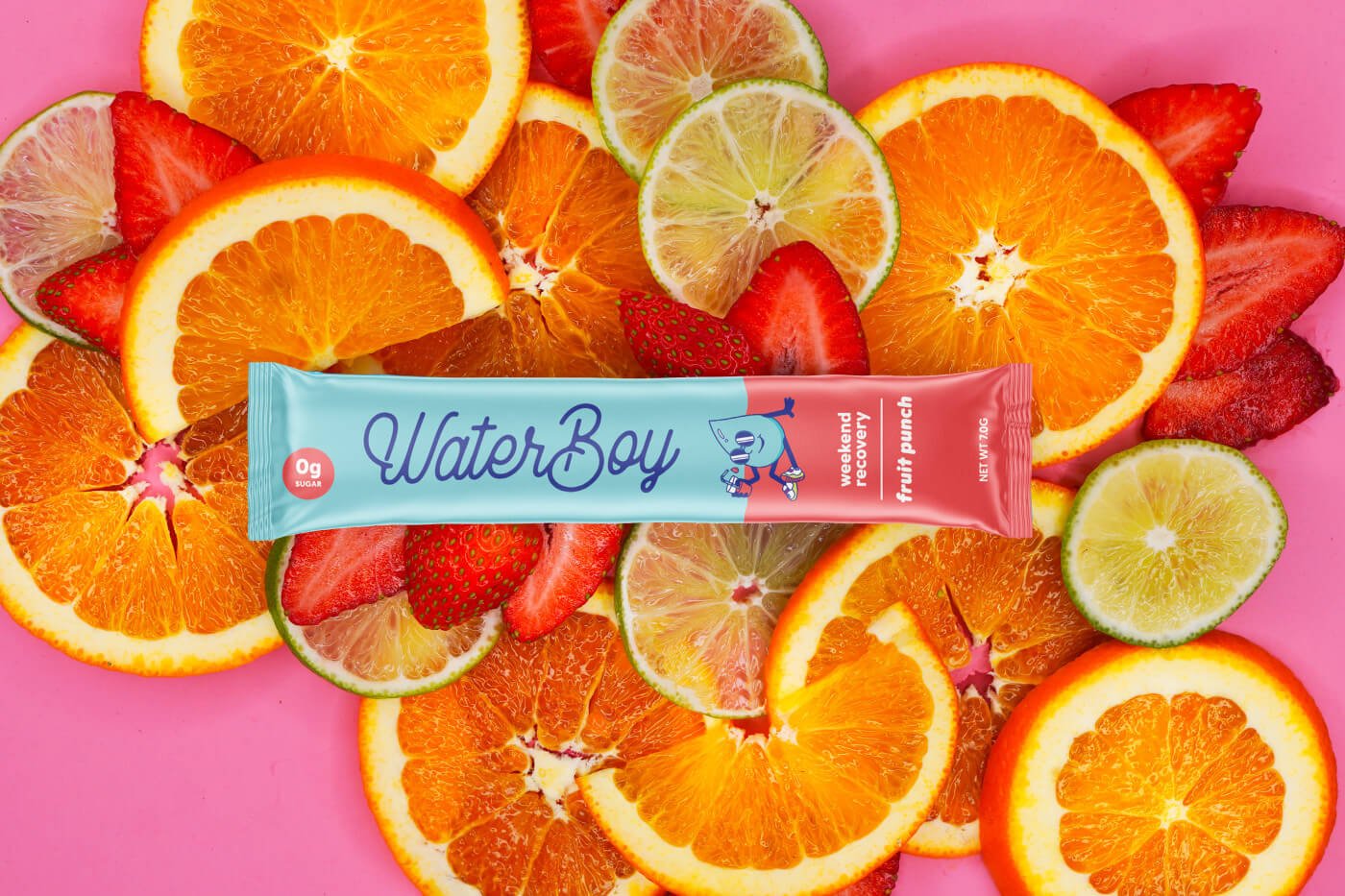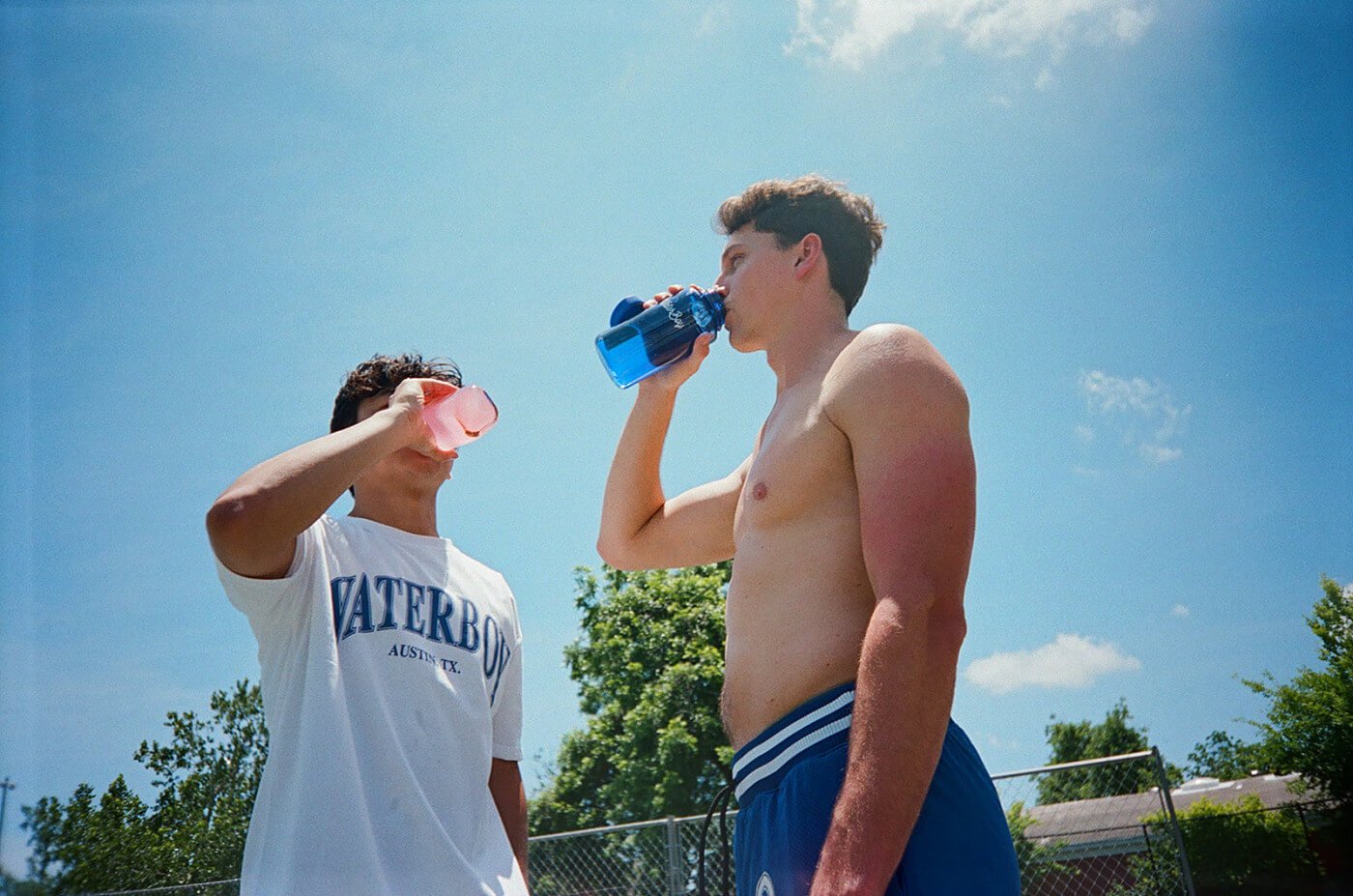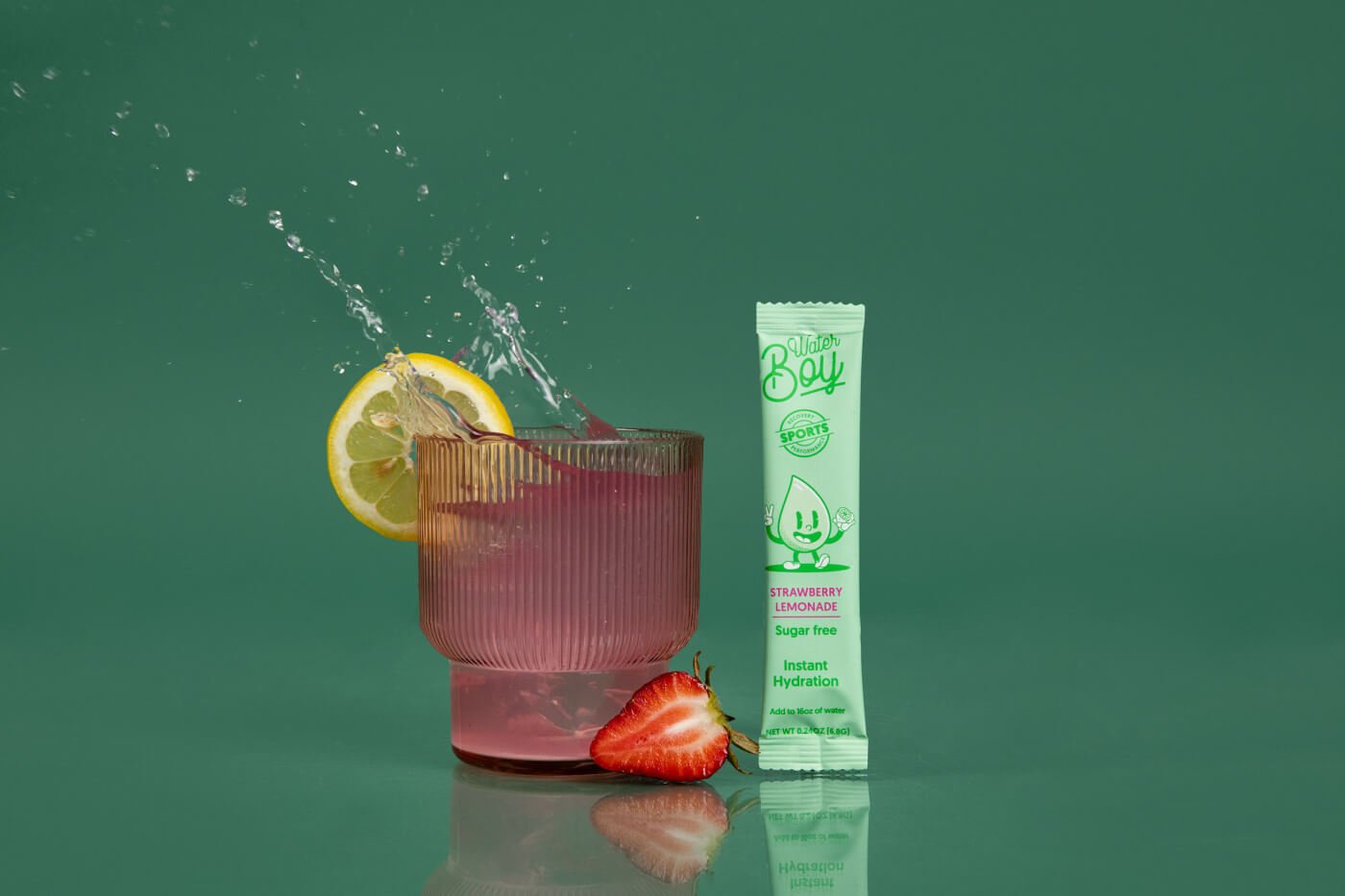TL;DR — Wine hangovers feel worse because of congeners, which are byproducts of the fermentation process. Red wines typically trigger worse hangovers, since they have more congeners. The best way to recover from a wine hangover is to rehydrate and rest.
Wine nights come with consequences: the hefty bar tab, the irresistible cravings for junk food, the risky late-night DM. But these are a walk in the park compared to the torture of a wine hangover.
It’s not your imagination—it’s science: Wine really does cause worse hangovers than other alcoholic beverages like beer, vodka, and even tequila. For that, you can blame a class of chemicals called congeners, whose sole mission is to sabotage your morning after.
Whether you tossed back one too many glasses of that tempting Pinot or you day-drank way too much sangria, fear not. We've got your back, your head, and even your queasy stomach covered. Keep reading to learn why wine hangovers suck so bad, and more importantly, how to get rid of them.
Why Are Wine Hangovers So Bad?
Research suggests that wine hangovers are especially intense because of congeners such as flavonoids, tannins, histamines, and methanol. These chemical byproducts of the fermentation process give wine its robust taste and aroma. But you can blame them for causing brutal hangovers.
The darker the wine, the higher the congener content. That makes dark red wines like Cabernet Sauvignon, Syrah, Zinfandel, and Malbec the most notorious culprits for day-after-drinking woes.
Scientists aren’t exactly sure why congeners cause such severe hangovers. But a 2013 review suggests that it’s because your body has to work overtime to process them along with the ethanol in your system. Congeners also increase inflammation and oxidative stress in the body, which can further amplify your hangover. They're like obnoxious guests at the party who refuse to leave.
Congener content isn’t the only factor that determines how rough your hangover will be. For some people, sulfites can intensify a wine hangover. There are common preservatives in wine that can cause headaches, especially if you have a sulfite allergy or sensitivity.
And then of course you have to consider the amount of vino you imbibe—and how fast you drink it. Sipping two glasses of wine during dinner will (probably) give you a milder hangover than if you were to slam an entire bottle of Pinot at your friend’s wedding reception. Shocker, right?
How to Get Rid of a Wine Hangover
Technically, the only “hangover cure” is time, since you have to wait for those congeners to work their way out of your system. But the good news is you can easily thwart the symptoms of your wine hangover with four simple steps.
1. Hydrate with Electrolytes
Drinking wine doesn’t just deplete your fluids—it depletes your electrolytes: the essential minerals that keep your cells hydrated, prevent fatigue, and aid your body’s recovery process. A bottle of water isn’t enough to combat the effects of a bottle of wine. You also need sodium, potassium, and magnesium.
That’s where WaterBoy comes in.
Packed with 3,200 mg of essential electrolytes, our Weekend Recovery formula helps you rehydrate in a hurry. It’s also infused with ginger to fight nausea, vitamin B-12 for a caffeine-free energy boost, and L-theanine to help your “hangxiety.”
2. Eat Bland Foods
Tempted as you may be to devour a greasy breakfast burrito, that’s only going to make your tummy troubles worse. Instead, stick to bland foods like whole wheat toast, crackers, rice, and bananas. These are easy to digest and they’ll also help stabilize your blood sugar levels, which get thrown out of whack when you drink.
3. Take Ibuprofen
The combination of congeners, alcohol, and sulfites in wine creates the perfect storm for a headache. Rehydrating definitely helps here, but it’s not a bad idea to pop an ibuprofen as well. Ibuprofen is a nonsteroidal anti-inflammatory drug (NSAID) that reduces inflammation and pain from dilated blood vessels in the brain.
Pro tip: Avoid acetaminophen (Tylenol) since it can hurt your liver when combined with alcohol.
4. Take a Nap
Wine might make you sleepy, but once you’re zonked out, the alcohol prevents you from getting the deep rest you need to recover. One 2018 study found that just two servings of alcohol decreased sleep quality by 24%.
Instead of powering through your hangover with coffee the next morning, listen to your body and try to catch up on sleep.
How Long Does a Wine Hangover Last?
Wine hangover symptoms (specifically headaches) can strike in as little as 30 minutes after drinking one or two glasses. The pain usually peaks when your blood alcohol concentration (BAC) reaches zero and can last 24 hours or more, depending on how much you drank.
Here’s a rundown of the most common wine hangover symptoms:
- Headache
- Fatigue
- Upset stomach
- Nausea
- Thirst
- Dizziness
- Sensitivity to light and sound
Which Wine Gives the Least Hangover?
In general, white wine is the way to go if you want to avoid a hangover. That’s because white wine contains almost zero congeners. Other lighter-colored wines such as rose and orange wines are good options too because of their low congener content.
Bottom line: the darker the wine, the worse the hangover. You can remember that even when you’re tipsy—we believe in you.
4 Tips to Prevent a Wine Hangover
Let’s get real, no matter how bad your hangover is, you’re going to indulge in wine sometime again. When that happens, follow these 4 tips to prevent or at least minimize your hangover.
1. Get a Jumpstart on Hydration
Sipping water (or WaterBoy) between glasses of wine helps you combat alcohol-induced dehydration. Don’t have access to H2O at your fancy soiree? Put a jug of water on your nightstand so you don’t forget to chug it before bed.
2. More White, Less Red
If you’re committed to a wine night, swap red for white to reduce your risk of a hangover. Remember, white wine has far fewer congeners. Great news if you’re a fan of Chardonnay and Sauvignon Blanc.
3. Drink Less
We hate to sound like your parents, but it’s true: Cutting yourself off after a glass or two of wine can save you a lot of suffering the next morning. Bonus: It’ll force you to savor the sips you actually let yourself enjoy.
Wine Pairs Well With WaterBoy
Pop quiz: What’s the best thing to pair with wine? If you guessed steak, cheese, or pasta, you’d be wrong. Your sommelier might not admit it, but the answer is WaterBoy Weekend Recovery.
Whether you prefer notes of blue raspberry, lemon lime, or strawberry lemonade, it’s got everything you need (and nothing you don’t need) to make your wine hangover suck way less.




